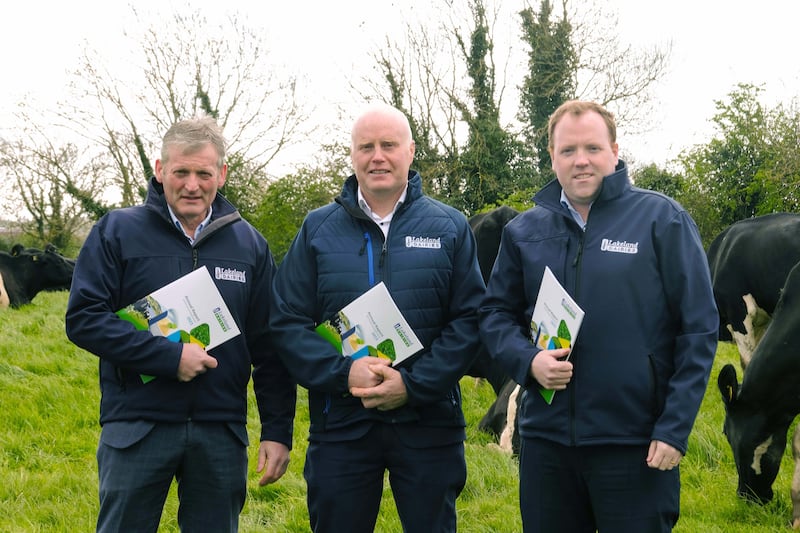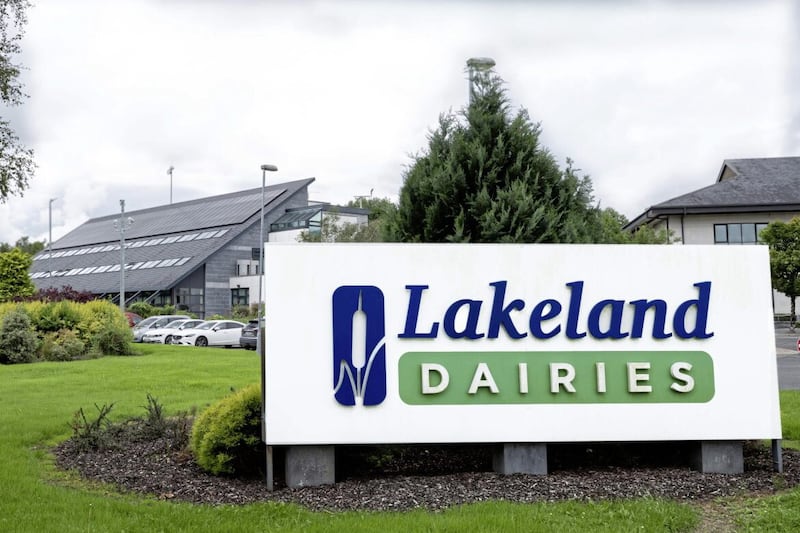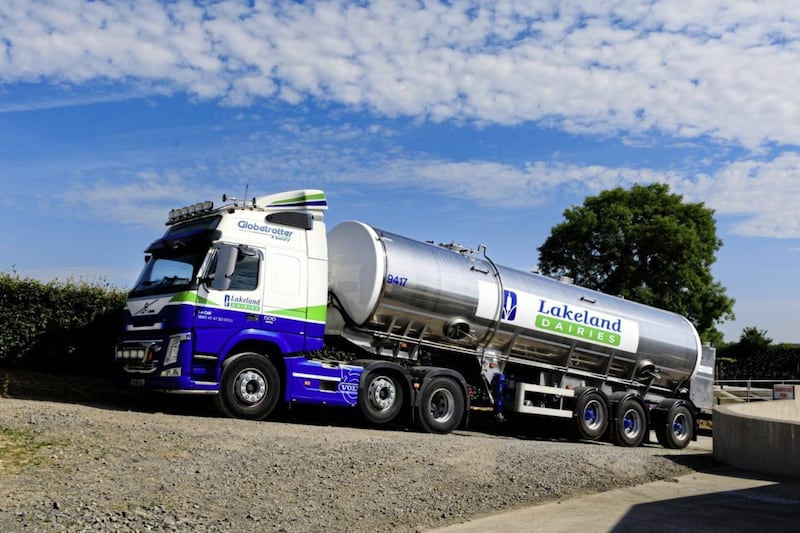FARMER-owned processing co-operative Lakeland Dairies boosted revenues to almost £1 billion in 2020 after making “strong progress” across all its key operations.
It achieved record revenues of £985 million across its four operating divisions, the bulk from its food ingredients business, where sales soared by 18 per cent to £621.7m based on strong demand for the 250,000 tonnes of powders and butter it produced over the year.
But there were also robust performances in its other divisions - foodservice (revenues of £163.5m), consumer foods (where an uplift in overall grocery market saw sales rise to £131.3m) and agribusiness (where sales rose 4.7 per cent to £68.2m on the back of feed volumes of 220,000 tonnes and fertiliser volumes of 27,000 tonnes).
Over the year Lakeland Dairies collected 1.9 billion litres of milk from 3,200 farm families across 16 counties across Ireland.
The co-operative has a portfolio of 240 different dairy products made on eight processing sites (including Artigarvan, Ballyrashane, Banbridge and Newtownards in the north), which it then exports to more than 80 countries.
The co-operative's record revenues yielded a 27 per cent increase in operating profit at £23.48m and EBITDA (earnings before interest, tax, depreciation and amortisation) of £45.44m, up 17 per cent on 2019, and this meant Lakeland closed the year with shareholders’ funds of £187m.
Group chief executive Michael Hanley said: “Notwithstanding the major operational, logistical and commercial constraints of the pandemic, we continued to make strong progress across all of our operations.
“We further consolidated the benefits of the 2019 Lakeland-LacPatrick merger, contributing to overall economies of scale, value creation and long term sustainability for our 3,200 milk producers, north and south.
“And this robust performance enabled us to pay a competitive milk price in spite of serious market uncertainties throughout the year.
“Market returns depend on the dynamic of milk supply and demand that exists between countries, geographies and continents, also including seasonality and ‘force majeure’ issues such as the pandemic,” added Mr Hanley, who said Lakeland expects “relatively stable” dairy market conditions through 2021.







